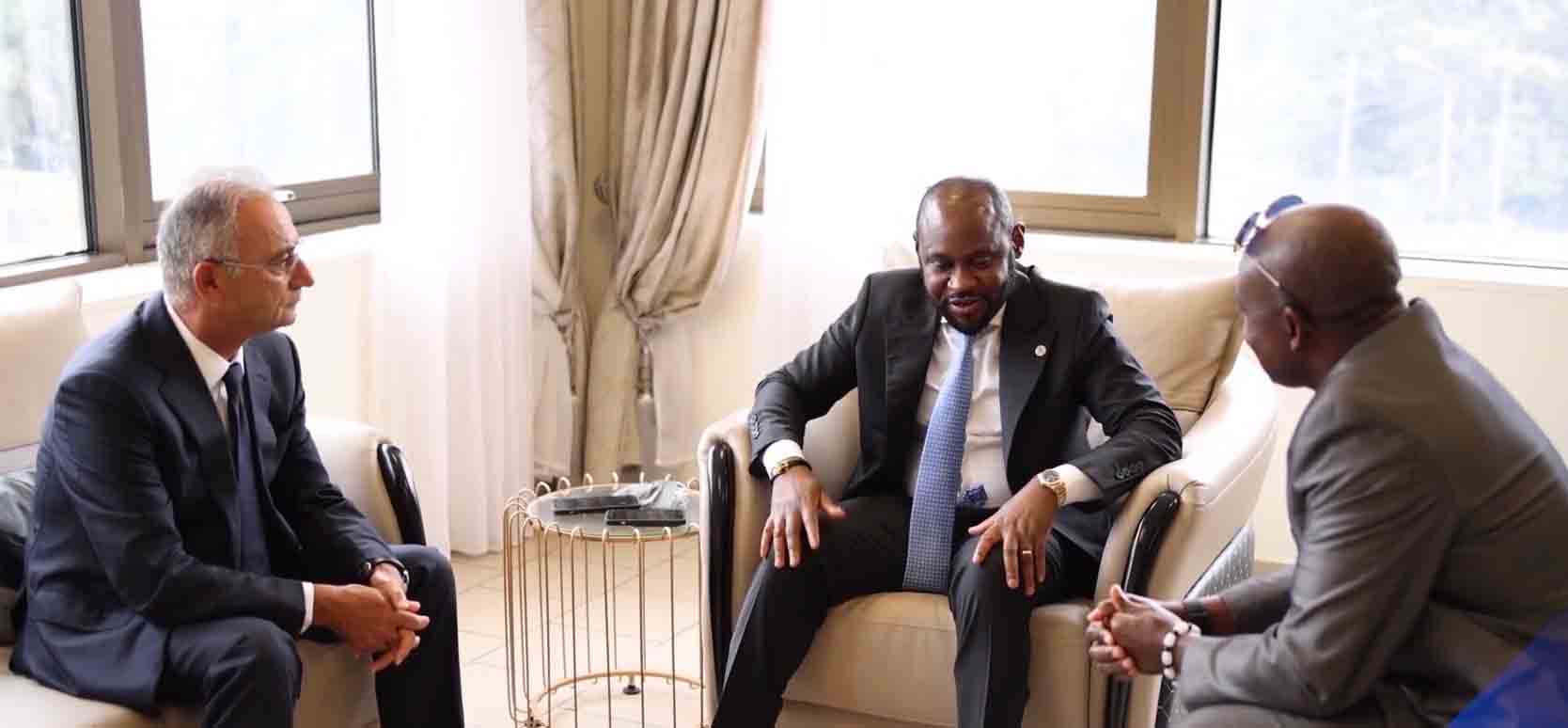Cyprus has moved a step closer to securing a repatriation deal with the Democratic Republic of Congo (DRC), Disy leader and presidential candidate Averof Neophytou said on Wednesday.
His visit to the central African nation of about 108 million on Sunday saw him meet with top officials from the deputy prime minister’s office and foreign ministry.
“Immigration is a serious issue which Cyprus is facing, this is why I’m launching an international initiative… I met with the nation’s officials to secure a deal on repatriations for its people who are in Cyprus – resolving a humanitarian concern,” Neophytou said.
“An agreement, I believe will be completed for the good of our country. First step: the relocation of these migrants to their countries of origin”.
According to a report filed by the European Union agency for asylum (EUAA) last month, nationals of the DRC were the main group to apply for asylum in Cyprus in 2021, along with Syrians and Nigerians.
Speaking in the DRC, Neophytou said that: “[Such an] agreement, with the efforts of the government and interior ministry, I believe will be fulfilled for the benefit of our nation. The first step: the relocation of these immigrants to their country of origin – I am determined to fight for my country to successfully overcome the crises it is facing.”
But his trip came in for criticism earlier in the week, most notably by main opposition party Akel – which said that: “[President Nicos] Anastasiades’ and Disy’s failure to properly manage migratory flows cannot be remedied with half-measures or by means of dubious legitimacy. For such is the initiative undertaken by Averof Neophytou to travel to the DRC. We are wondering whether he will convince the traffickers to leave Cyprus out of their plans.”
However, the interior minister, Nicos Nouris, has repeatedly stated that returning failed asylum seekers would significantly aid the government in its aims to reduce pressures.
But Cyprus faces major challenges in carrying out such repatriations as some countries refuse to cooperate, with the government often lacking bargaining power.
The state instead often relies on voluntary repatriations with the promise of financial rewards for doing so.
In June, Nouris sought to highlight that the government’s aim is to increase the number of returns “with the assistance of the EU, and various organisations such as the IOM and Frontex”.
Cyprus has received by far the highest proportion of EU applications relative to population size in 2021, with more than 1,500 per 100,000 inhabitants, followed by Austria’s 432 and Malta’s 294.







Click here to change your cookie preferences